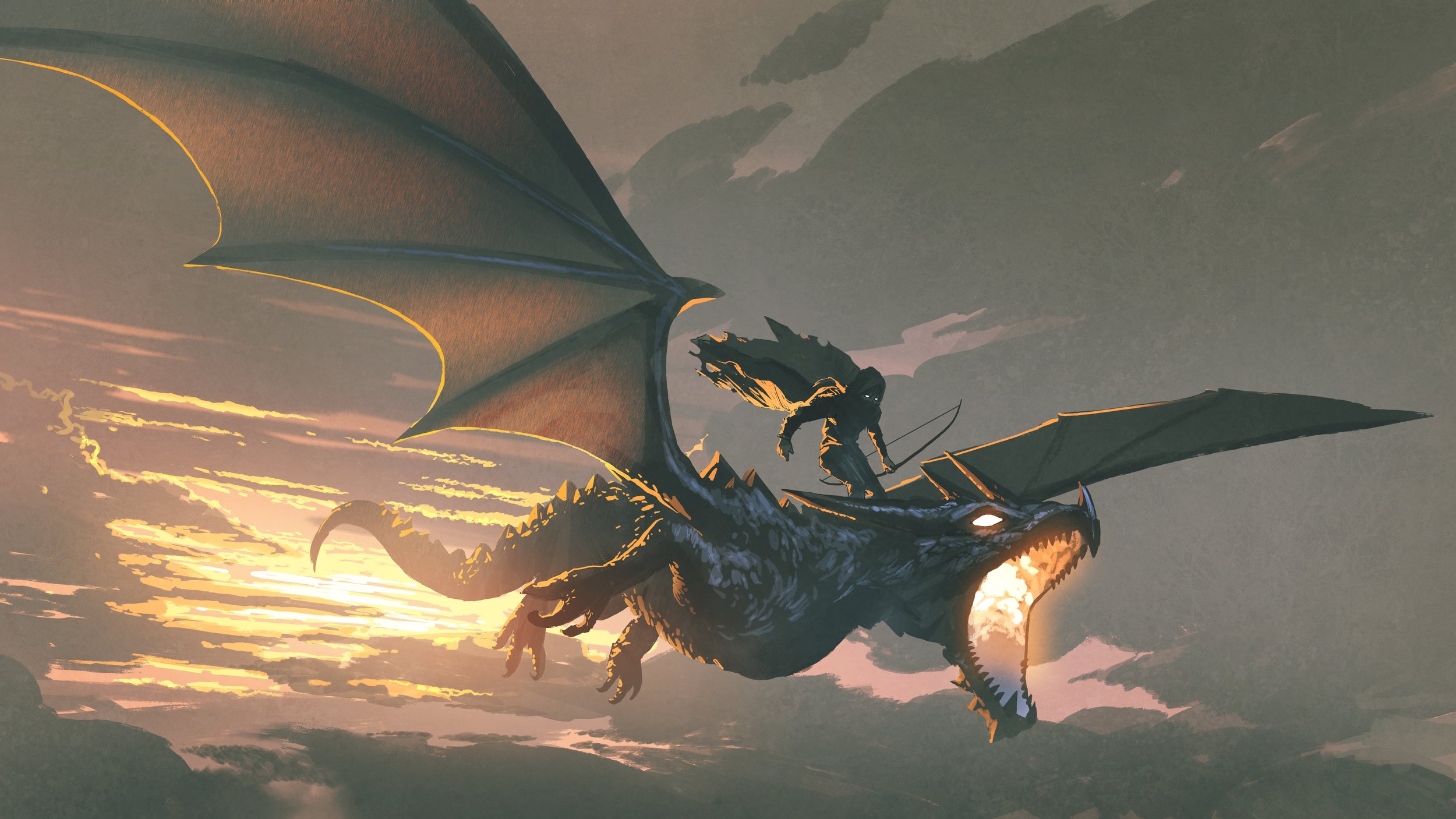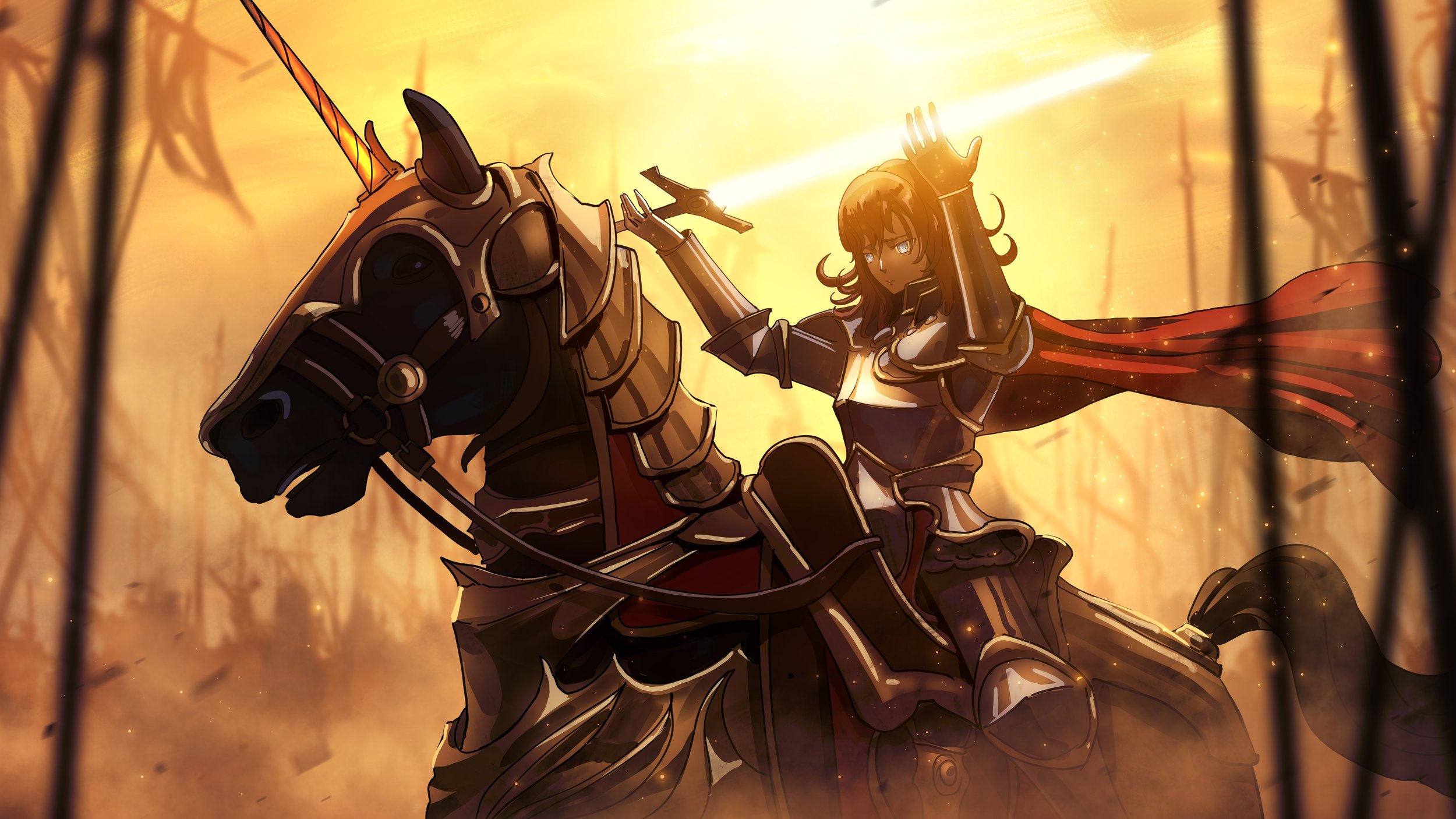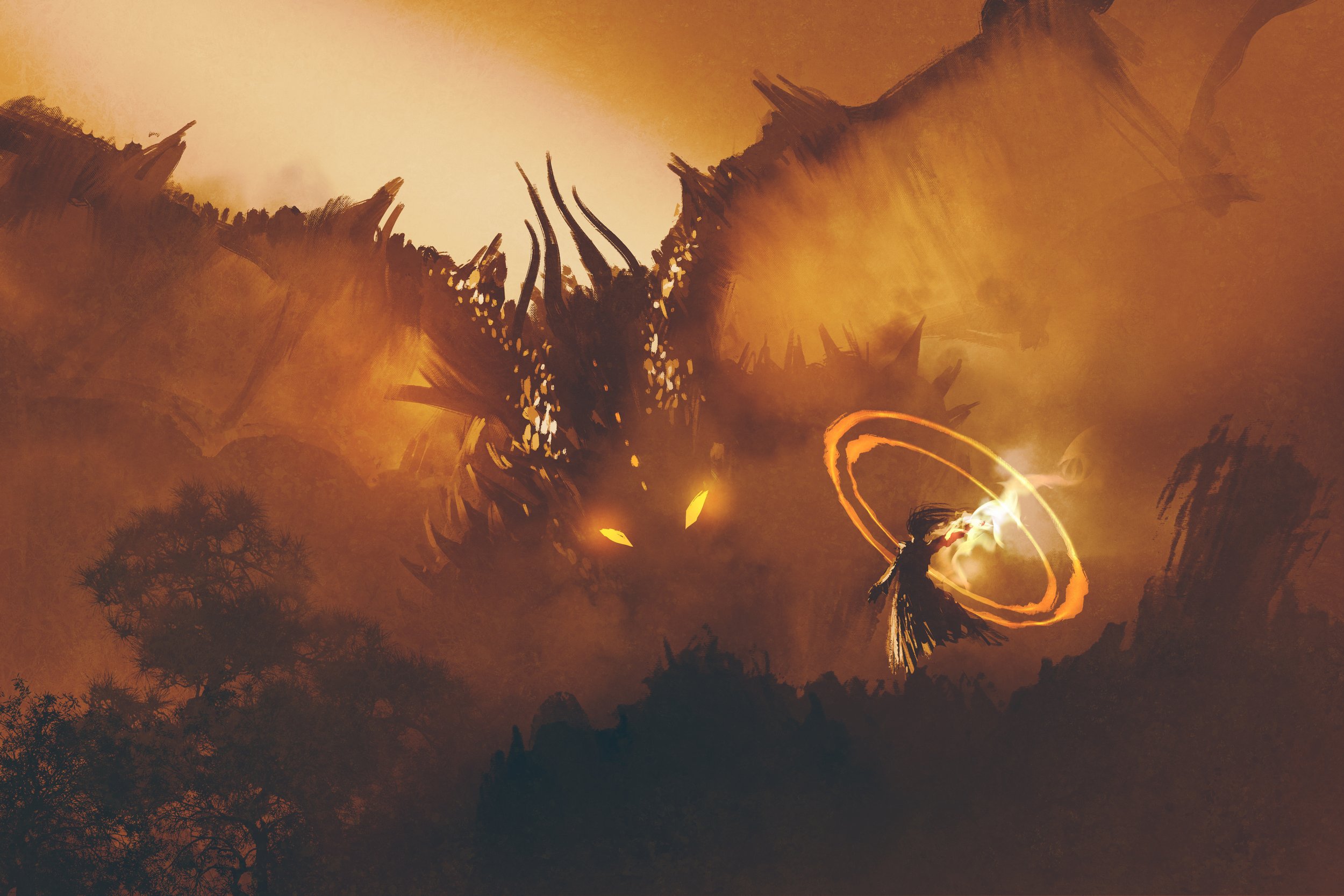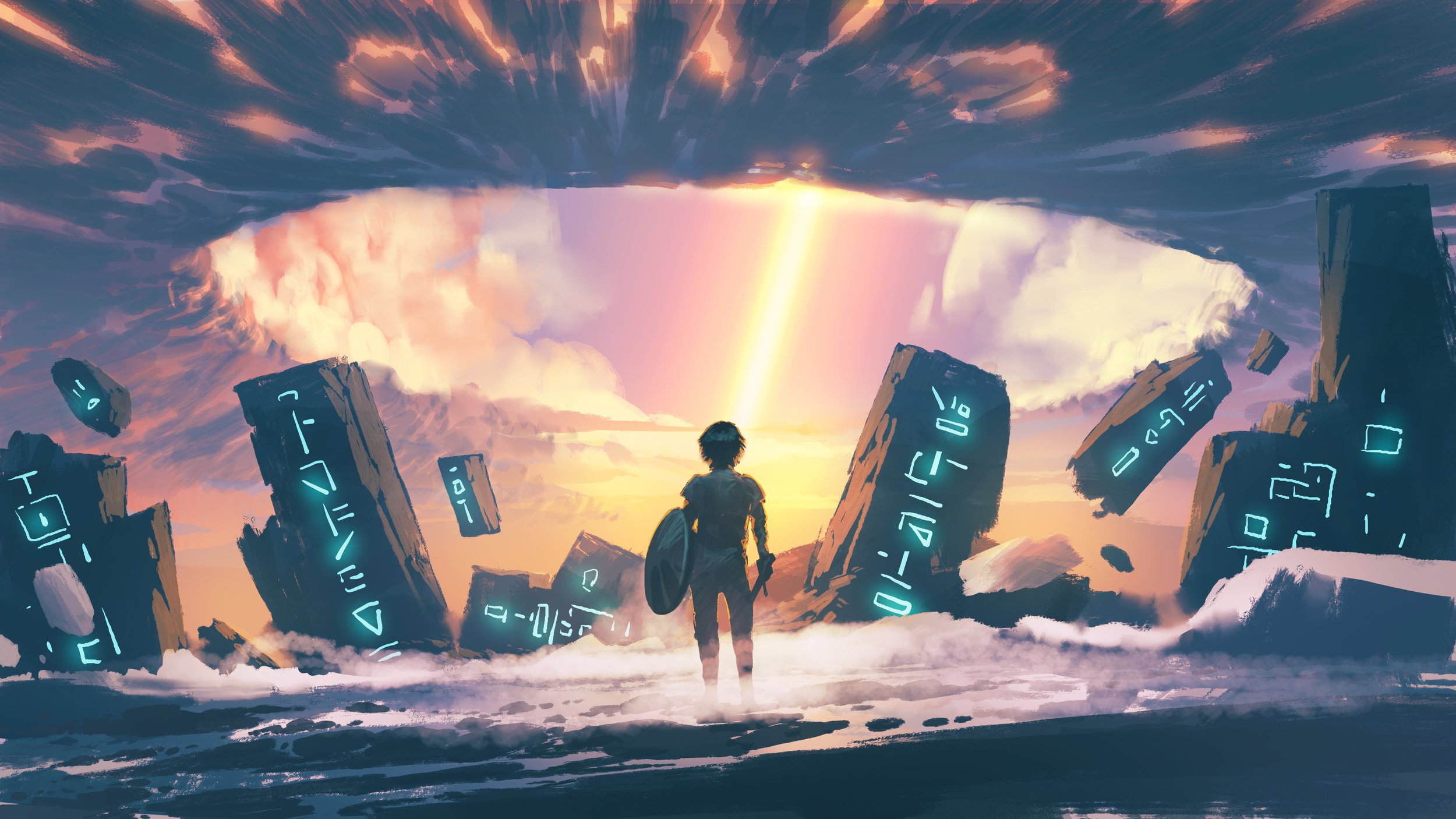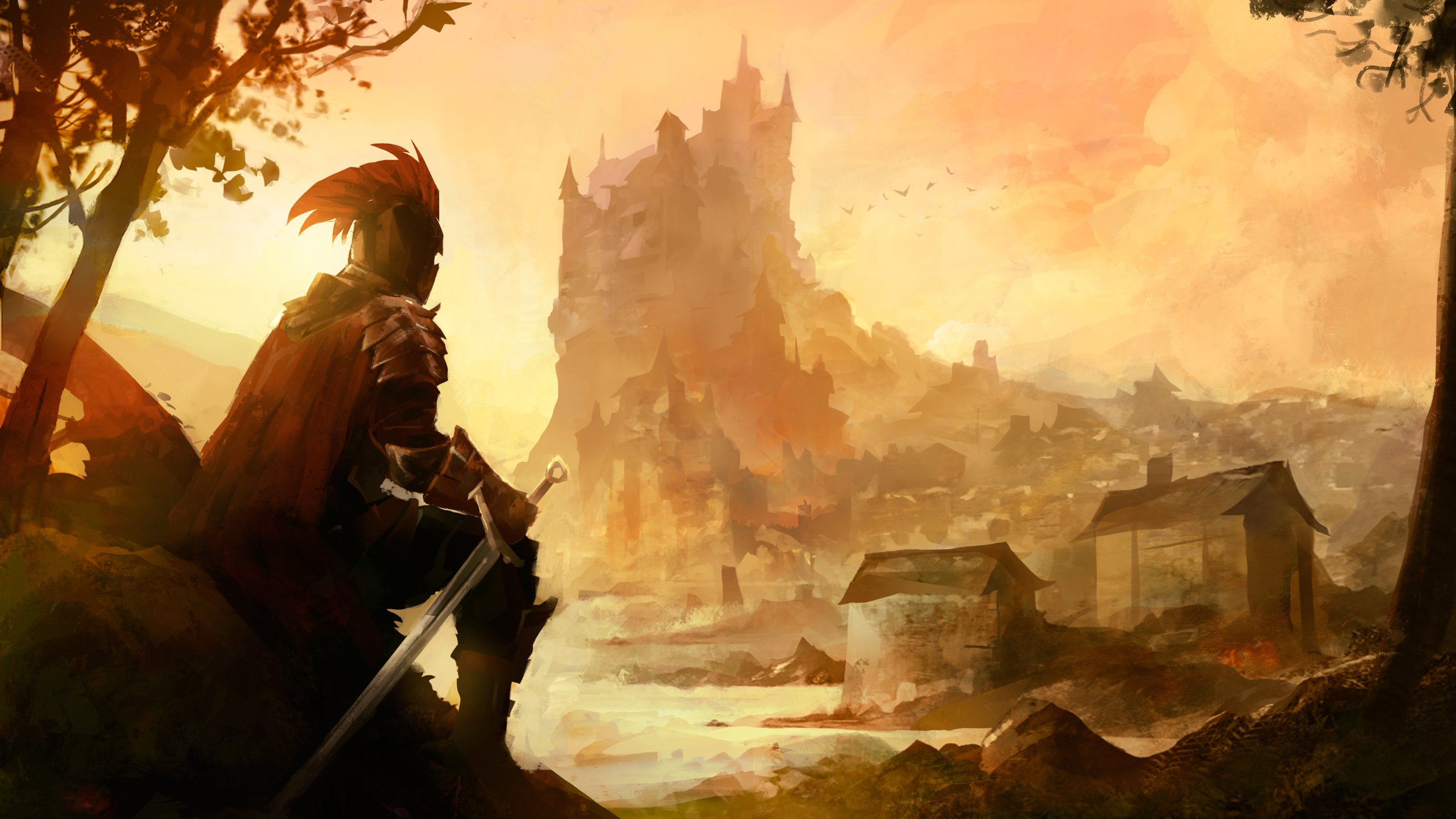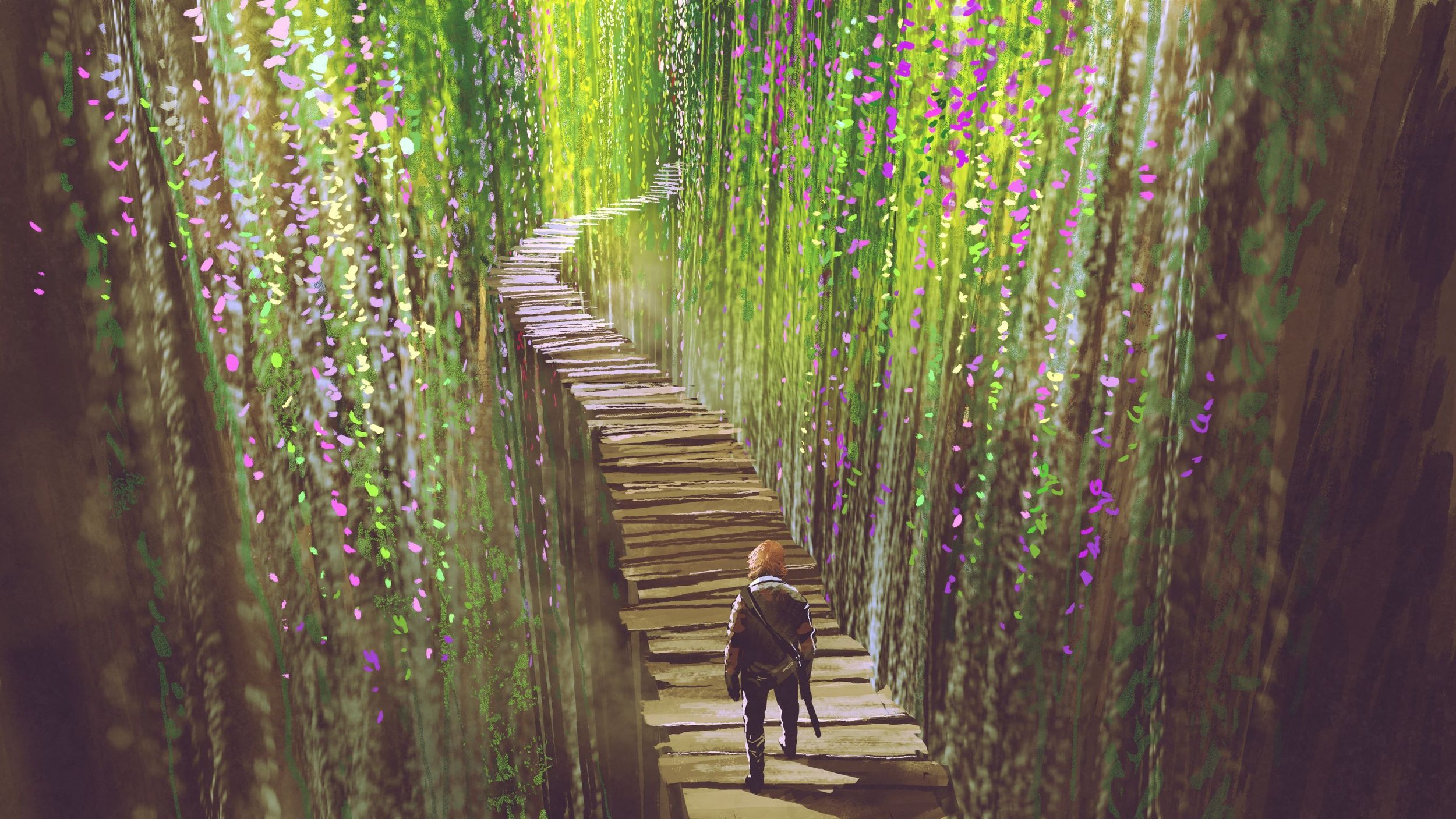Getting Back to Your Main Quest – Finding Balance Between Life’s Side Quests and Fulfilling Your Purpose
Have you ever enjoyed playing one of those amazing open-world roleplaying games, the ones with fantastic storylines and a seemingly endless number of side quests? Games like Elder Scrolls V: Skyrim, Fallout 4: GOTY, Monster Hunter, The Witcher 3, or others?
These games take no more than a few hours to beat on a speed run through a regular playthrough of the main story only, typically taking about 20-40 hours to complete.
However, most players enjoy these games for far longer, with many games in this list having an average playtime of over a hundred hours. And for the completionist, it may be 200 hours plus, with Monster Hunter Generations Ultimate clocking in a staggering 689 hours for full completion.
RPG Side Quests
Side quests can be a great way to extend our play and let us linger longer in these immersive game worlds. According to The Gamer, side quests allow us to:
Level our characters,
Find better gear,
Discover new areas,
Meet interesting characters,
Participate in great storylines,
Enhance the main quest,
Become more immersed in the character
However, side quests can have negative impacts as well.
They can be time-consuming, distract from the main story, and create player boredom. A gamer discussion on Reddit found that some players suggested that putting too much focus on side quests can create game burnout.
Especially if the quests are of lower quality or are overly repetitive, the game can start to feel like work instead of play. And some players even will walk away from a great game if they find themselves too bogged down in the side quests.
This is not a phenomenon found only in video games either. Ask most DMs that run tabletop roleplaying games like Dungeons & Dragons about players getting sidetracked.
A DM’s most carefully constructed campaigns can get regularly derailed by players focusing on side quests instead. Players may even choose to ignore obvious clues regarding the main storyline until a side mission is completed to their satisfaction. Over time, players may even forget their original objective entirely as their focus shifts to the next interesting side quest.
Real Life Side Quests
While side-quests in games may distract us, does it happen in real life as well? Do we get so caught up in the side paths that we lose sight of our main goals? The answer for many of us is yes.
And even worse, unlike gaming, we may not even enjoy many of our side quests. For myself, I think of the time that I’ve spent in a career that I didn’t like, of the investment in saving for a house that doesn’t necessarily get me closer to my future. Or I look back on the hundreds of hours that I spent working on the dreams of others while I choose to ignore my own entirely.
How can we find a balance between working on our main quest line and still doing side quests?
The Need for Balance
Like players in a game, we all think we’ll eventually get back to the main quest line. But in truth, many of us don’t. And in real life, we don’t have unlimited time to play as a completionist.
However, that doesn’t mean that we shouldn’t still enjoy the game. The time with friends and family, the hours enjoying gaming, and having fun are all important. These are part of our self-care and essential for maintaining our mental and physical health.
And there are side quests that we may not enjoy but are necessary, like going to work, paying the bills, and other tasks that we need for our daily survival.
Together these types of quests often make up the bulk of our “gameplay.” But if we choose to spend 100% of our time on them, we will never complete our main quest to follow our dreams. Given our limited game time, we need to find a balance to move our main storyline forward.
“To be a human being is to be in a state of tension between your appetites and your dreams, and the social realities around you and your obligations to your fellow man.”
- John Updike
Taking Your Main Quest
The first step of any quest is to agree to take it in the first place. But unlike a game, there isn’t an NPC somewhere to give it to us. We have to create it ourselves.
Clarify what you want to accomplish and your goals. And understand why this quest is important to you. This understanding is what drives our motivation to get us through the difficult road ahead. (Read more on The Importance of Why in Gaming and Life).
Know the Monsters that You’ll Be Facing
What is keeping you from working on your goals? Is it not having time or money, or is the enemy actually ourselves? We may say that we want to work on our goals and follow our dreams, but often we are the ones that choose not to.
What is blocking your path? It may be our fears, or we may not truly believe ourselves worthy of being the hero on this quest. Knowing the obstacles that we must overcome helps us better prepare and be ready for them. (Read more on Why We Don’t Follow Our Dreams).
It’s important to understand that we will have setbacks. Accept that mistakes will happen, and be patient with yourself. In a game, when we encounter a boss monster that we can’t defeat, we regroup and try again. Know that you may need to gain a level or two to overcome your obstacles in real life as well.
“I don’t focus on what I’m up against. I focus on my goals and I try to ignore the rest.”
- Venus Williams
Design Your Quests
Going into a Legend of Zelda game, we know that eventually, we’ll probably need to defeat Ganon. But that’s not the first quest we undertake. Our story follows a series of small quests leading up to the final boss battle.
Create smaller goals for yourself that lead up to your final success. If it’s a long storyline, you may need a series of bite-sized quests. These are much less daunting and easier to achieve in a short time. And eventually, they will lead to your final victory.
Define Your Character Levels
It isn’t always clear when you’ve leveled up in life. But if you set goals and milestones, you’ll be able to track those XP boosts along the way.
Create SMART goals:
Specific (clear and well defined) For example, “I will complete this video game,” or “I’ll write a book.”
Measurable (defined results) For example, “I do three quests this week” or “I’ll write one chapter this month,” instead of “I’ll do it when I can”
Achievable (attainable with your current schedule and lifestyle.)
Relevant (reasonable) Be careful not to overcommit and get frustrated.
Time-Based (clear deadline, time-sensitive.) For example, “To complete the main story by the end of the month,” or “To have a first draft completed by December 31st”
(Looking for a fun way to track your goals, check out 10 Roleplaying Gamification Apps to Add Some Adventure to Your Day-To-Day.)
“I can’t imagine a person becoming a success who doesn’t give this game of life everything he’s got.”
- Walter Cronkite
Be Realistic on the Game Time Needed
It’s important to be realistic about how much time you will need to succeed on your goals.
Most of us don’t expect to complete The Witcher 3 in one afternoon. It may be weeks of questing and fighting our way through to complete it.
And yet, we’ll believe that we can gain overnight success in another area of life. We often completely underestimate the time needed to succeed. Be realistic about what you need to accomplish to reach for your dreams. It won’t happen overnight, but with time and effort, you will move forward.
Schedule your game time
To make sure that we can work on our main quest, we need to ensure that we have the time to do so. With all of the other activities in our lives, it can be difficult to find the time needed.
Decide Your Priorities
If a video game has a time limit, would you really do all those boring fetching quests if it meant missing the main event? Probably not. Life is the same.
We can’t make more hours in the day. The only way to create more time is to stop doing something else. Are there activities that can be shortened or done differently to free up some time? We want to do all the things, but we need to choose our priorities with limited time.
Set a specific time to work on it daily or weekly
Many people find that scheduling a specific time to work on their project helps them stay on track. Try to protect that time from interruptions or cancellations. You have decided to make it a priority, don’t stand yourself up for this weekly date with your future.
Making it a habit will become easier over time, and you’ll know that there will be dedicated time for progress weekly. Even just 15 minutes regularly will add up over time to significant achievements.
And when you do sit down to work, it’s important to use that time wisely. Know what motivates you and avoid the pitfalls of procrastination. (Check out 10 Ways to Get Out of the Quicksand of Procrastination for tips.)
“The only man who never makes mistakes is the man who never does anything.”
– Theodore Roosevelt
Go Multiplayer
While playing games solo can be fun, working with other players can help encourage and motivate us, especially if we’re tackling a particularly difficult mission.
Find others that are working on similar projects to collaborate and learn from. Perhaps you find a mentor, the real work equivalent to the wise old wizard, that can help you reach those first quest markers.
Talking to a friend that knows your situation may give you insights on helping determine your priorities and scheduling. Someone who knows us well has an outsider’s point of view and may shine a light on our behavior and preferences that we weren’t aware of.
If you struggle to commit to scheduled time and goals, being accountable to others can also give us the motivation boost we need. Consider an accountability buddy, perhaps someone working on their project to have regular check-ins about your quest achievements. (Read more on Real Life Party Members and Traveling Companions for more ways that working with others can help you reach your goals.)
“It’s dangerous to go it alone.”
- The Legend of Zelda
Celebrate your victories
When we complete a major quest in a game, we’re rewarded with XP, special loot, and sometimes a cut scene. When we complete one of our goals in real life, we should celebrate as well.
From small milestones that can be celebrated weekly to significant achievements in your quest lines, make sure to reward yourself. It will fuel your motivation to keep the habit and drive you forward.
“Remember to celebrate milestones as you prepare for the road ahead.”
- Nelson Mandela
Conclusion
Side quests can dramatically improve our experience, whether it’s a game or real life. But it’s important not to let them overshadow our bigger storyline. If we find a balance between completing them and working on our main quests, we’ll find the game a lot more enjoyable and fulfilling.
Just like games, find the side quests that let you develop yourself, discover new things, meet interesting people, and enjoy life. But try to avoid wasting your time on those of lower quality that make you feel bogged down to focus on your real-life quest instead.
Author:
Laurie Trueblood is a writer and life coach that enjoys fantasy, science, psychology, and everything nerdy. As the founder of Adventures to Authenticity, her mission is to help others level up and become the best versions of themselves.
Read more about questing in real life. Check out Is Life an RPG? Why We Should Treat Life Like a Roleplaying Game and Real Life Questing




